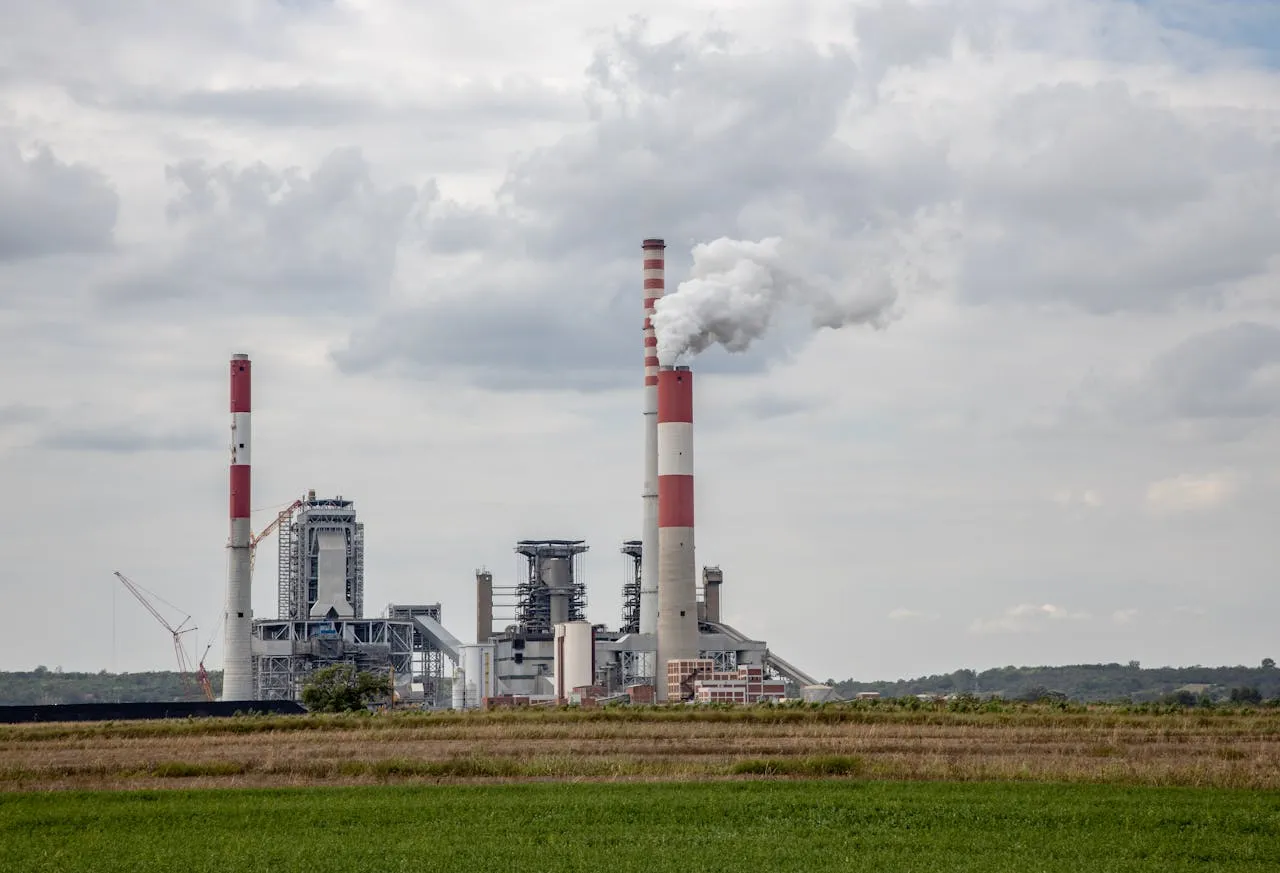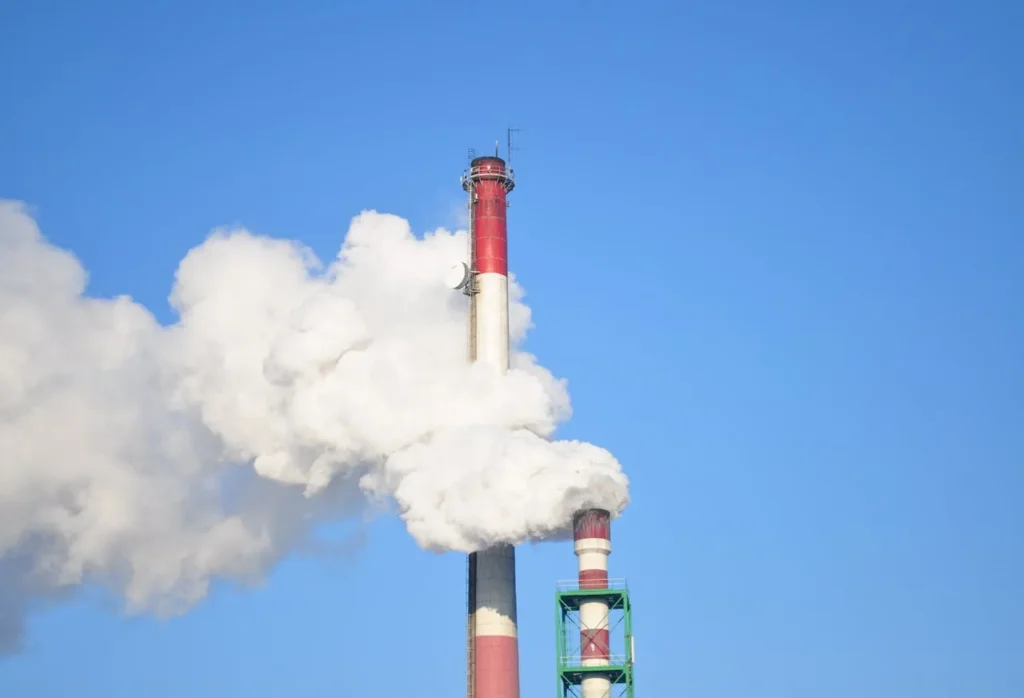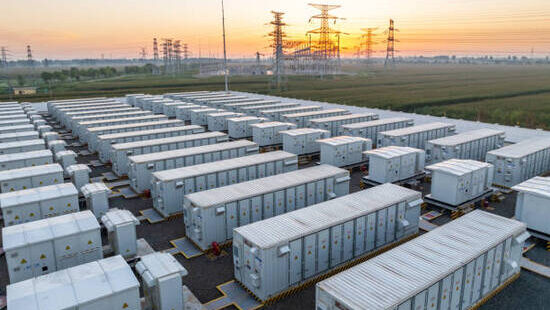
Arizona Utilities Join Forces to Secure Critical Natural Gas Infrastructure for Growing Energy Needs
In a major move to secure the future reliability of Arizona’s energy grid, a coalition of state utilities—including Arizona Public Service (APS), Salt River Project (SRP), Tucson Electric Power (TEP), UniSource Energy Services, and the City of Mesa—has announced their commitment to the Desert Southwest Expansion Project, a new natural gas pipeline proposed by Transwestern Pipeline Company. Once completed, the project will provide a direct line for natural gas from the prolific Permian Basin in West Texas to Arizona by late 2029, addressing a critical infrastructure gap and supporting the state’s fast-growing population and business landscape.
Meeting Arizona’s Explosive Growth in Energy Demand
Arizona is currently experiencing rapid economic development and population growth, with thousands of new residents and businesses moving into the state each year. As a result, energy demand is surging—particularly during peak periods in both summer and winter. However, all of Arizona’s existing interstate pipelines are fully subscribed, limiting the state’s ability to reliably import additional natural gas to power its grid.
The Desert Southwest Expansion Project aims to solve this bottleneck. The pipeline will deliver low-cost natural gas from the Permian Basin, one of the most productive natural gas fields in the country, directly to Arizona’s power plants and other critical energy infrastructure. Once operational, it will significantly boost the state’s energy security by ensuring utilities can access gas supplies during periods of high demand, when renewable resources like solar and wind may not be available or when battery storage is insufficient.
Utilities Sign On to Ensure Energy Resilience
Both APS and SRP have independently reviewed and selected the project after considering several pipeline proposals. Each utility has entered into separate agreements with Transwestern Pipeline to ensure their customers benefit from reliable and affordable energy for decades to come. These agreements also grant them priority delivery rights, ensuring dependable access to natural gas during critical times of the year.
The City of Mesa, TEP, and UniSource are currently finalizing their own negotiations with Transwestern and are expected to join before the official open season solicitation process launches later in 2025.
Preparing for Arizona’s Energy Future
“Arizona’s energy needs are growing drastically, which is why it is so important for the state’s utilities to anticipate and prepare for the future,” said Kevin Thompson, Chairman of the Arizona Corporation Commission. “For years, Arizona residents and the state’s economy have benefited from one of the most reliable energy grids in the country. I applaud APS, the City of Mesa, SRP, TEP, and UniSource for their commitment to maintaining this reliability and helping to secure Arizona’s energy dominance.”

By investing now in expanded pipeline capacity, Arizona’s utilities are laying the foundation for a resilient and flexible grid that can handle variable loads, support continued economic growth, and manage the integration of clean energy technologies like solar, wind, and energy storage.
Benefits to Residents and Businesses
During extreme weather events—like record-breaking heatwaves or unusually cold winters—the energy grid is under the most stress. The new pipeline will be capable of delivering natural gas to critical generation facilities that provide backup power and grid stability during these times.
Each utility participating in the Desert Southwest Expansion Project conducted independent due diligence and evaluation processes before committing to the plan. All concluded that Transwestern’s proposal offered the best combination of cost-efficiency, reliability, and long-term benefit to Arizona ratepayers.
“Natural gas remains a crucial piece of our energy portfolio, especially as we expand our use of renewable energy sources,” said Ted Geisler, President and CEO of APS. “This new pipeline represents a long-term commitment to reliability, resilience, and affordability. It gives our grid the flexibility and strength needed to meet rising energy demands—even on the hottest summer days—while supporting the economic momentum that makes Arizona such a great place to live and do business.”
Collaborative Vision for Energy Infrastructure
The leadership from each participating entity emphasized the strategic nature of the expansion, not just as a short-term fix, but as a long-term infrastructure investment designed to serve the state’s growing needs for decades.
“This pipeline marks a pivotal advancement in long-term infrastructure planning, reinforcing the foundation for a resilient and prosperous future for Mesa and the State of Arizona,” said Mark Freeman, Mayor of Mesa.
“SRP is working to at least double the number of generating resources on its power system in the next 10 years to meet increasing energy demand in the Phoenix metropolitan area,” added Jim Pratt, General Manager and CEO of SRP. “Natural gas resources play a key role in maintaining reliable and affordable power as we pursue an all-of-the-above approach that also includes adding wind, solar and storage.”
“New natural gas resources will support stable, affordable service for our communities as emerging technologies create new ways to reduce the carbon intensity of Arizona’s energy supply,” said Susan Gray, President and CEO of both TEP and UniSource.







